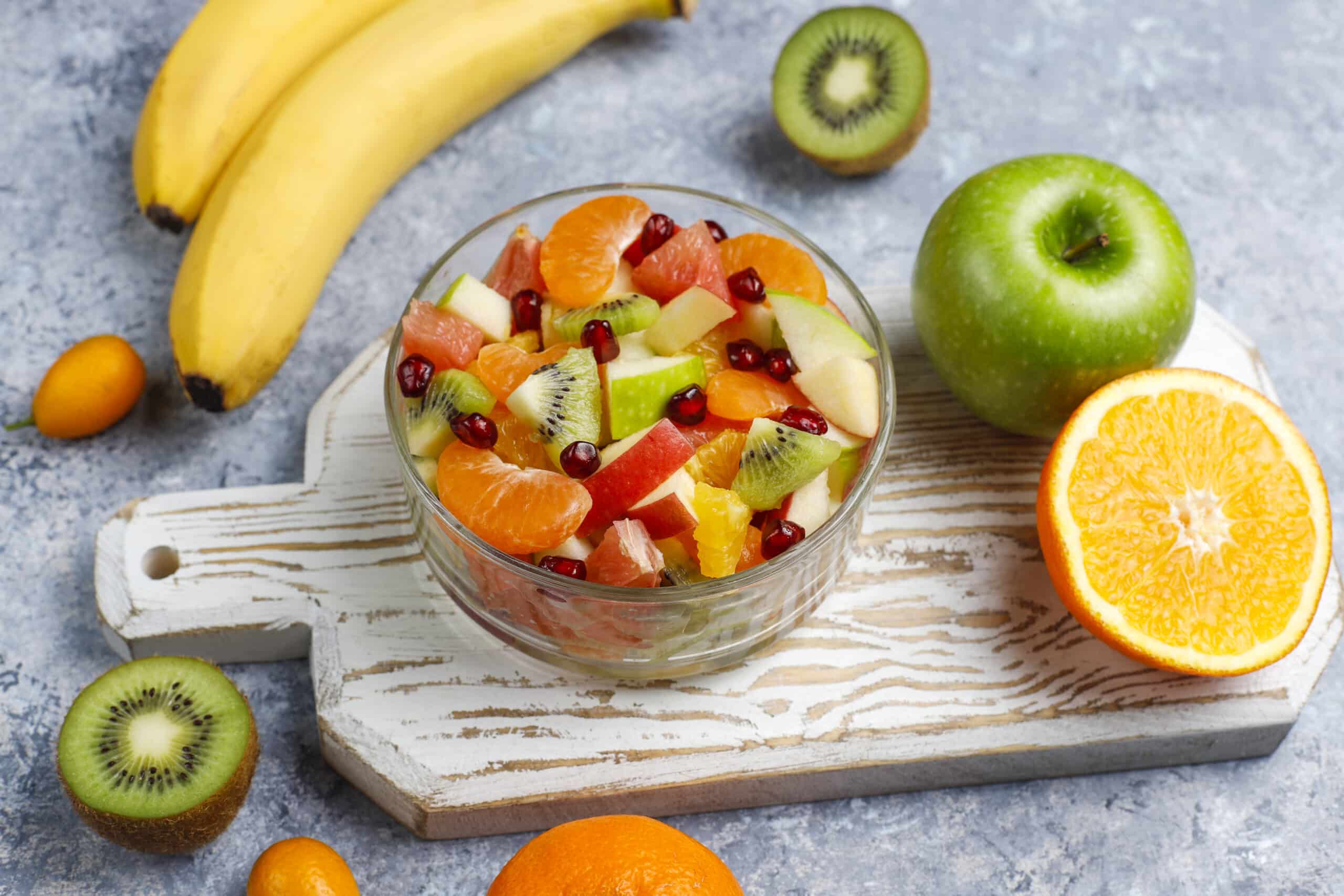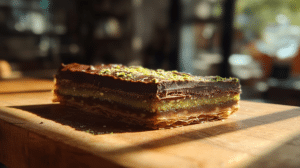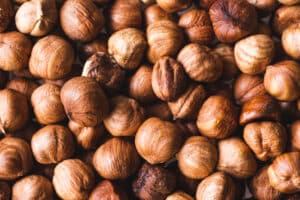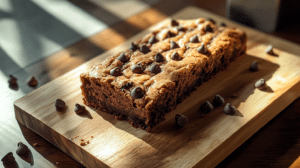Fresh fruit bowls are a delightful and healthy addition to any kitchen. They not only provide a colorful centerpiece but also encourage snacking on nutritious options. However, a common question that arises is: How long will a fresh fruit bowl last? The answer depends on various factors, including the types of fruits used, the storage conditions, and the bowl itself. In this article, we will explore the shelf life of a fresh fruit bowl, how to extend its freshness, and what to do when fruits start to spoil.
Introduction to Fresh Fruit Bowls
A fresh fruit bowl is a simple yet effective way to keep a variety of fruits on hand for quick snacks or meal additions. Whether placed on the kitchen counter or dining table, these bowls are both practical and visually appealing. However, the freshness of the fruit can vary greatly depending on how the bowl is managed. Understanding the factors that influence the shelf life of your fruit bowl is essential to avoid waste and ensure that your fruit remains fresh and delicious for as long as possible.
According to The Spruce Eats, maintaining fruit freshness involves more than just selecting ripe fruit; it also requires proper storage and handling. By paying attention to the details, such as the type of bowl used and the arrangement of the fruit, you can significantly extend the life of your fresh fruit bowl.
Moreover, certain fruits have different storage needs. For example, some fruits should be kept at room temperature, while others last longer when refrigerated. Balancing these requirements can help you maintain the freshness of your fruit bowl for an extended period. For more tips on fruit storage, you can check out this guide on fruit salad freshness.
Factors That Affect the Shelf Life of a Fresh Fruit Bowl
Type of Fruits Used
The type of fruits in your bowl plays a significant role in determining how long the bowl will last. Soft fruits like strawberries and peaches tend to spoil more quickly than harder fruits like apples and pears. Additionally, fruits like bananas and avocados produce ethylene gas, which can speed up the ripening process of other fruits in the bowl.
- Soft Fruits: Generally, soft fruits last 1-3 days in a fruit bowl before they begin to spoil.
- Citrus Fruits: Oranges and lemons can last up to a week, depending on storage conditions.
- Hard Fruits: Apples and pears can last for a week or more, especially if stored in a cool, dry place.
Temperature and Storage Conditions
Temperature is a crucial factor in maintaining the freshness of your fruit bowl. Fruits kept at room temperature may ripen faster, especially in warmer climates. Refrigeration can slow down the ripening process, but it’s not suitable for all fruits.
- Room Temperature: Ideal for fruits like bananas, but can cause faster ripening for others.
- Refrigeration: Helps extend the life of most fruits but can alter the texture and flavor of some, like peaches and tomatoes.
For more detailed advice on how to handle different fruits, the Tasting Table guide on fruit storage offers valuable tips.
Bowl Material and Design
The material and design of the bowl itself can impact how long the fruit stays fresh. Bowls that allow for air circulation, such as those made from wire or with ventilation holes, can help prevent moisture buildup and mold growth.
- Ceramic or Glass Bowls: These are aesthetically pleasing but may trap moisture, leading to quicker spoilage.
- Wooden Bowls: Breathable and ideal for longer storage but may require more maintenance.
- Wire Baskets: Excellent for air circulation, helping to keep fruit fresh longer.
For additional insights into choosing the best bowl, you might find the Fresh Fruit Bowl Guide useful.
How Long Different Types of Fruit Last in a Bowl
Berries and Soft Fruits
Berries like strawberries, blueberries, and raspberries are delicious but have a short shelf life. They typically last 1-2 days at room temperature before starting to spoil. These fruits are best consumed quickly or stored in the refrigerator to extend their freshness.
Citrus Fruits
Citrus fruits such as oranges, lemons, and limes are more resilient and can last up to a week in a fruit bowl. They do well in cool, dry environments and can be kept at room temperature without significant loss of quality.
Hard Fruits
Harder fruits like apples, pears, and pomegranates can last for a week or more, depending on their ripeness at the time of purchase. These fruits are less sensitive to ethylene gas and can be stored with a variety of other fruits without affecting their shelf life.
Tropical Fruits
Tropical fruits such as bananas, mangoes, and pineapples vary in their shelf life. Bananas, in particular, ripen quickly and can cause other fruits to do the same. It’s often best to keep these fruits separate or consume them first.
Best Practices for Extending the Life of a Fresh Fruit Bowl
Proper Storage Techniques
To extend the life of your fresh fruit bowl, consider these storage techniques:
- Refrigerate When Necessary: Some fruits, like berries and grapes, last longer when refrigerated. However, be mindful of fruits like bananas that should be kept at room temperature.
- Use Breathable Bowls: Bowls that allow air circulation can help prevent the buildup of moisture, which leads to mold.
- Keep Fruits Separate: Separate ethylene-producing fruits (like bananas) from others to slow down the ripening process.
Rotating and Arranging Fruits
Regularly rotating and rearranging the fruits in your bowl can prevent bruising and spoilage. Place older fruits on top to encourage consumption before they spoil, and ensure that softer fruits are not buried under heavier ones.
Ethylene Gas Considerations
Ethylene gas is a natural hormone released by certain fruits that promotes ripening. While this can be beneficial for fruits that need to ripen, it can cause others to spoil prematurely. Keep ethylene-producing fruits separate from others to prolong freshness.
For more tips on how to manage your fruit bowl, you might find the Well + Good article on fruit freshness particularly useful.
Signs That Your Fresh Fruit Bowl Is No Longer Fresh
Visual Indicators
The most obvious signs that your fruit is no longer fresh include browning, mold, and shriveling. Berries that have turned mushy, or apples with large brown spots, should be removed from the bowl to prevent them from affecting other fruits.
Smell and Texture
Another indicator of spoilage is an off smell or a change in texture. Fruits that are overly soft or emit a sour odor are likely past their prime and should be discarded.
Creative Ways to Use Overripe or Spoiling Fruits
Smoothies and Juices
Overripe fruits are perfect for smoothies and juices. The natural sweetness of these fruits can enhance the flavor of your drinks while reducing food waste.
Baking and Cooking
Many overripe fruits can be used in baking and cooking. Bananas, for example, are ideal for banana bread, while apples can be used in pies or crisps. These recipes not only taste great but also help you make the most of fruits that might otherwise be discarded.
Homemade Preserves
Fruits that are on the verge of spoiling can be turned into jams, jellies, or compotes. These preserves can be stored for longer periods and enjoyed as spreads or dessert toppings.
Comparison of Freshness in Different Types of Bowls
Glass vs. Plastic Bowls
Glass bowls are easy to clean and do not absorb odors, but they can trap moisture, which accelerates spoilage. Plastic bowls, on the other hand, are lightweight and versatile but may retain odors and are less breathable.
Open Bowls vs. Covered Bowls
Open bowls allow for better air circulation, which helps keep fruits fresh longer. Covered bowls or containers can trap moisture, leading to quicker spoilage, especially for fruits that need to breathe.
Specialty Fruit Bowls
Some bowls are specifically designed to keep fruits fresh for longer periods. These may include features like ventilation holes, stacking abilities, or separate compartments for different types of fruits.
Frequently Asked Questions (FAQ)
How long does a fresh fruit bowl last at room temperature?
A fresh fruit bowl typically lasts 2-4 days at room temperature, depending on the types of fruit used and the storage conditions.
Is it better to refrigerate a fresh fruit bowl?
Refrigeration can extend the life of your fruit bowl, especially for perishable fruits like berries. However, not all fruits should be refrigerated, so it’s important to know which ones can be stored at room temperature.
What fruits should be kept out of a fruit bowl to avoid spoilage?
Bananas, avocados, and other ethylene-producing fruits should be kept separate from other fruits to prevent them from causing premature ripening.
Can you freeze fruit from a fresh fruit bowl?
Yes, many fruits can be frozen for later use. This is a great option for fruits that are starting to overripe. Simply wash, cut, and freeze the fruit in airtight containers.
How often should I replace the fruit in my fruit bowl?
It’s a good idea to check your fruit bowl daily and remove any fruits that are showing signs of spoilage. Depending on the type of fruit, you may need to replace it every 2-4 days.
Conclusion and Final Thoughts
A fresh fruit bowl is a great way to keep healthy snacks within easy reach, but its freshness depends on several factors. By choosing the right fruits, storing them properly, and using the right type of bowl, you can extend the life of your fruit bowl and enjoy fresh, delicious fruit for longer.
Remember to monitor your fruit bowl regularly, rotate the fruit, and take note of any signs of spoilage. By following these tips, you can minimize waste and ensure that your fruit bowl remains a vibrant and healthy part of your kitchen.





